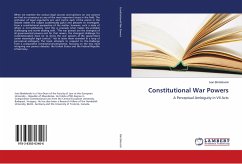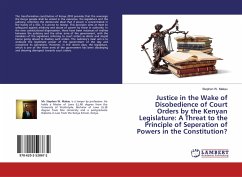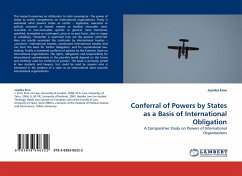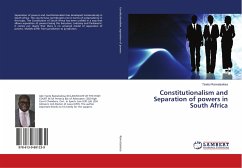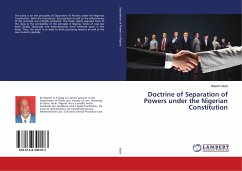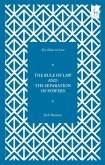When we examine the various legal sources and opinions on war powers we find no consensus on any of the most important issues in the field. The profusion of legal arguments pro and contra each of the points in the debate makes the subject academically joyful and pleasant to investigate. From a constitutional perspective of the matter, however, such a state of affairs is not satisfactory. And this is precisely what makes the problem challenging and worth dealing with. "The war powers are the strongest of all governmental powers and for that reason, the strongest challenge for constitutionalism must be to bring the war powers of the government under meaningful legal control," not to leave them stranded in a loop of perceptual ambiguity. The book attempts to respond to this challenge from a comparative constitutional perspective, focusing on the two most intriguing war powers debates: the United States and the Federal Republic of Germany.
Bitte wählen Sie Ihr Anliegen aus.
Rechnungen
Retourenschein anfordern
Bestellstatus
Storno

